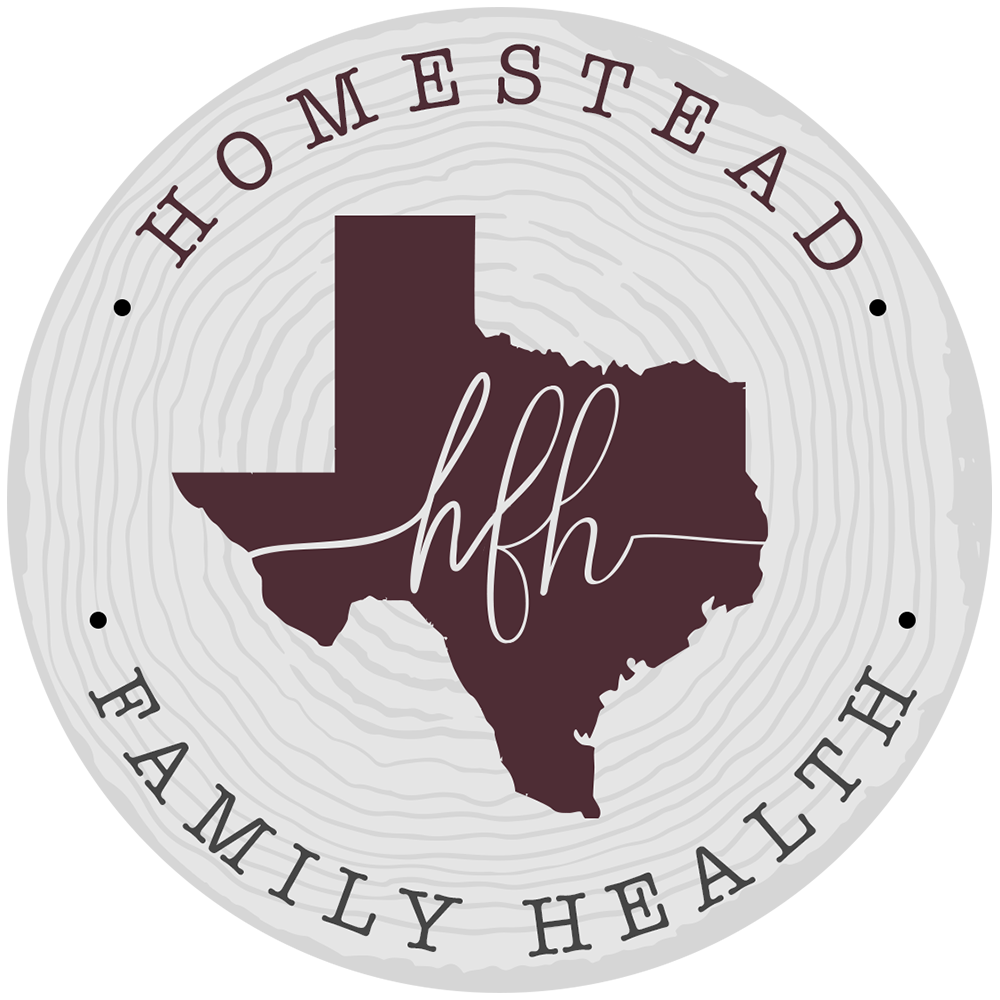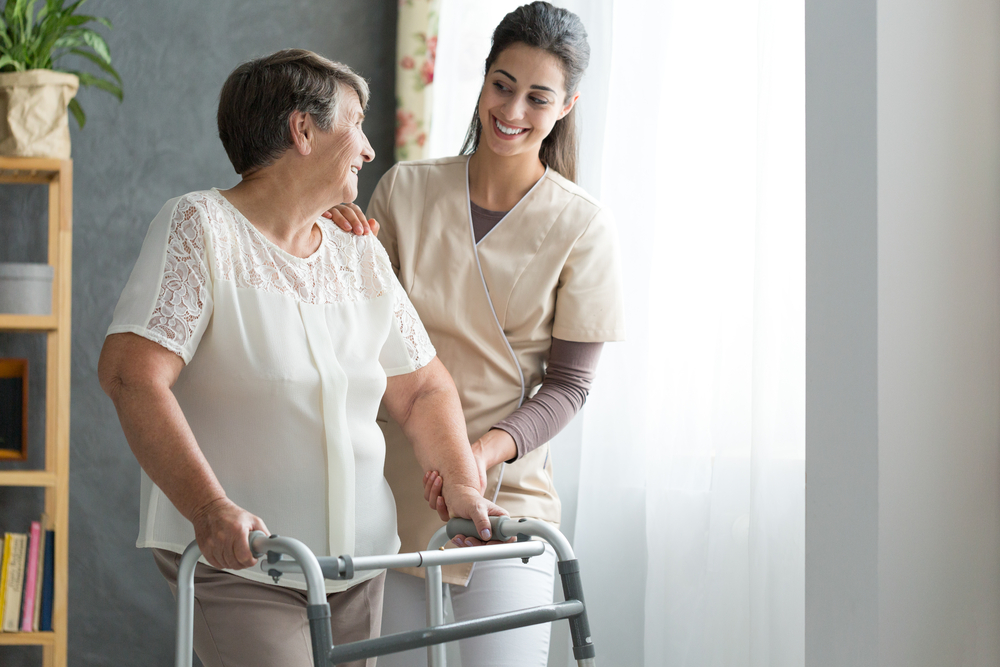Personal home care is also known as non-skilled care, non-medical care, or companion care. These personal care services are received in the comfort of your own home, allowing you to remain at home as long as you possibly can. This may enhance your quality of life that you may not receive if you were residing in another facility.
Since you are at home, not in a facility, you will receive one-on-one individualized care that focuses only on you.
Non-Medical Services Provided In Personal Home Care
Providing non-medical services usually means helping elderly or disabled persons with their activities of daily living (ADLs) and instrumental activities of daily living (IADLs). Activities of daily living include:
- personal hygiene
- dressing
- eating
- maintaining continence
- transferring/mobility
Someone’s level of independence is measured by how well they can perform these activities on their own versus performing these activities with assistance.
Instrumental activities of daily living include:
- basic communication skills
- transportation
- meal preparation
- shopping
- housework
- managing medications
- managing finances
Someone’s performance of instrumental activities of daily living demonstrates how much assistance an individual will require more than the performance of their activities of daily living.
Benefits of Non-Medical Care
Providing seniors with non-medical care allows them to maintain a certain level of independence they might not have living in a facility. They also have the benefit of living within the comforts of their own home. Sometimes this type of service is only temporary, but sometimes it is required indefinitely. If seniors do not receive non-medical care within their own home and decide to move in with a relative instead, there is the option of respite care being provided to the family. This allows the primary caregiver to receive a break from caregiving. Those who receive non-medical care are able to give family members peace of mind knowing that they are receiving aid performing normal day-to-day activities and still maintaining their independence at the same time.
The level of non-medical care received is different for each individual. Some services focus on simply providing companionship. Sometimes it focuses on providing aid in social services in order for them to achieve an enriched, active lifestyle. Non-medical care may also focus on helping with normal activities needed for daily living, such as sitting or standing.
Non-medical care is also flexible and adaptable, meaning you or your loved one may receive care with different types of activities daily, weekly, or even monthly. It is also convenient, allowing seniors to maintain their individual independence and living their daily life on their own schedule, rather than conforming to a strict diet and abiding by a mundane daily schedule. Non-medical care promotes a more independent and healthier lifestyle, which in turn extends the quality of life for the individual receiving non-medical care.
If you are seeking non-medical personal home care, or simply have questions about what it is, call Homestead Family Health today to connect with someone to help guide you along this journey!

